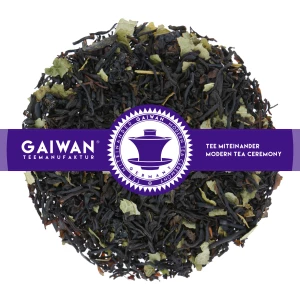Loose Tea with Currant
Currants come in a variety of colours - from bright red, to dark blue and dull white, to all black. They are all healthy and should be consumed regularly. For our delicious and organic certified black currant tea, we use black currants as well as the currant leaves. Why not give it a try?
-
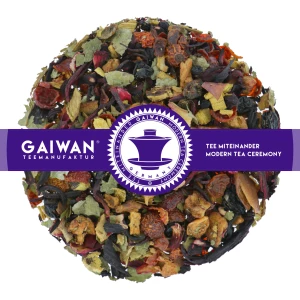
Out of stock
Taste: fruity, intensive, full
Preparation: 4-5 teaspoons (10-15g) per 1 L (13.8 fl oz) of water (100°C | 212°F), brewing time: 4-5 minutes.
Ingredients: hibiscus¹, rose hip¹, licorice¹, apple¹, red currants¹, elderberries¹, natural flavour, red currant leaves¹. Ingredients¹ from controlled organic cultivation. Learn More -
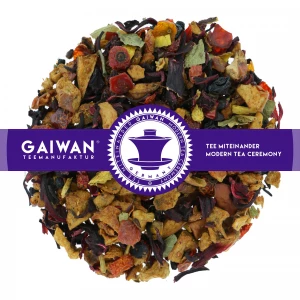
Out of stock
Taste: full, fruity, berry
Preparation: 4-5 teaspoons (10-15g) per 1 L (13.8 fl oz) of water (100°C | 212°F), brewing time: 4-5 minutes.
Ingredients: apple¹, hibiscus¹, rose hip¹, licorice¹, beetroot¹, elderberry¹, currant¹, natural flavours, strawberry¹ leaves, currant¹ leaves, strawberry pieces¹. Ingredients¹ from controlled organic cultivation. Learn More -
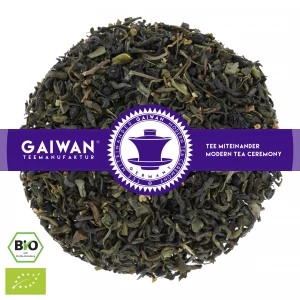
Out of stock
Taste: full, fruity, berry
Preparation: 4-5 teaspoons (10-15g) per 1 L (13.8 fl oz) of water (100°C | 212°F), brewing time: 3-4 minutes.
Ingredients: green tea¹ (chun mee) from China, elderberries¹, natural flavours, elderflowers¹, Johannisbeeren¹ . Ingredients¹ from controlled organic cultivation. Learn More -
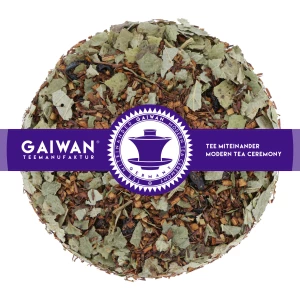
Out of stock
Taste: fruity, intensive, full
Preparation: 3-4 teaspoons (10-12g) per 1 L (13.8 fl oz) of water (100°C | 212°F), brewing time: 3-5 minutes.
Ingredients: rooibos¹, red currant leaves¹, black currants¹, natural flavour. Ingredients¹ from controlled organic cultivation. Learn More -

Out of stock
Taste: heavy, fruity, full
Preparation: 4-5 teaspoons (10-15g) per 1 L (13.8 fl oz) of water (100°C | 212°F), brewing time: 3-4 minutes.
Ingredients: black tea¹ from India, natural flavour, red currants¹, red currant leaves¹. Ingredients¹ from controlled organic cultivation. Learn More
Currant Health Benefits
As already mentioned, the berries themselves, the leaves or both can be used for currant tea. Currant leaves are recommended in traditional herbal medicine, especially as a support against rheumatic complaints. In addition, a tea made from these leaves has a diuretic effect, so it can be used for urinary tract problems.
Of the currants, the black berries are often used because they contain a large amount of vitamin C, B vitamins, tannins and minerals. They also contain anthocyanins, which can help fight free radicals. This is why black currants are most commonly used in folk medicine. However, if you can't find fresh black currants at the moment, the red ones are absolutely fine too.
Even the seeds of the currants are healthy. They contain the valuable gamma-linolenic acid. This is a polyunsaturated fatty acid that has an anti-inflammatory effect. As you can see, currants definitely belong on the menu every year - as well as in the well-stocked tea kitchen for a delicious, fruity and healthy drink. Cheers.

